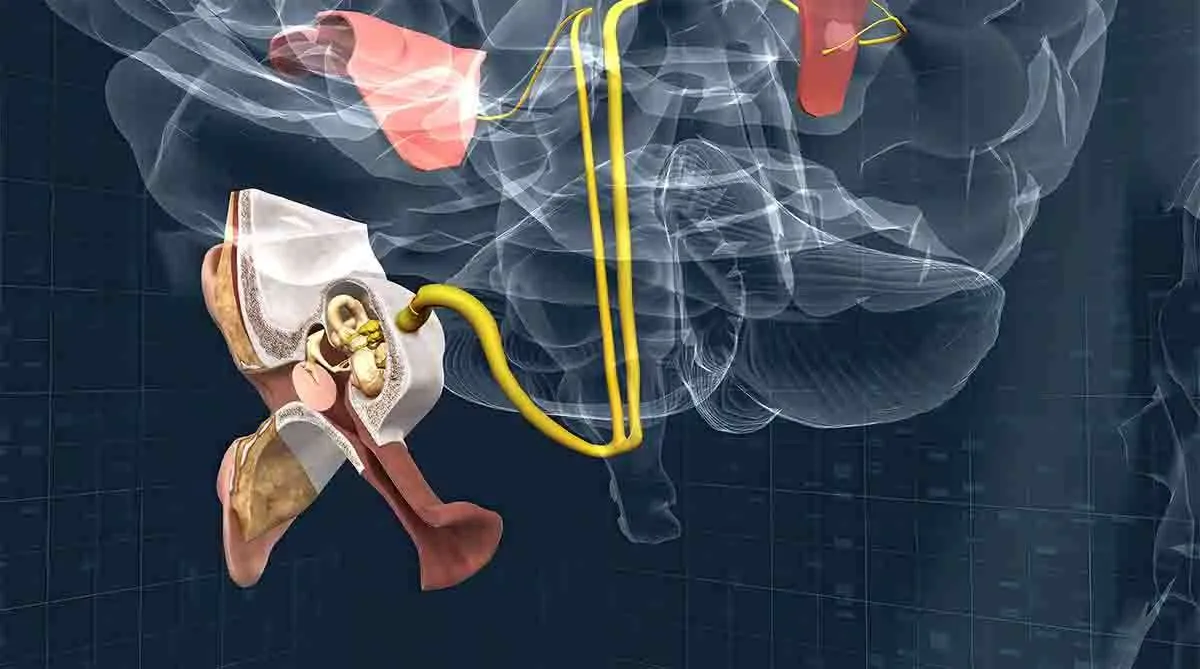Neurotology

What is Neurotology?
Neurotology, or neuro-otology, is a specialized area of otolaryngology, also known as ear, nose, and throat (ENT) medicine.
As the name ENT might suggest, an otolaryngologist is a medical specialist with extensive training in diseases and disorders of the – you guessed it – ear, nose, and throat. However, a neurotologist specializes one step further by focusing specifically on the parts of the brain and nervous system that relate to hearing and balance.
Another sub-specialty of otolaryngology is known as otology. Otologists are similar to neurotologists in that they deal with disorders of hearing and the ear, but do not have the specific training required to manage diseases that require specialized knowledge of the brain.
Another way of explaining it is that neurotology is the overlap between neurology (study of the brain and nervous system) and otology (study of the ear).
Conditions Managed by a Neurotologist
Neurotology is concerned with a number of neurological disorders of the ear, auditory nerve, and skull base. They can also be involved in managing facial injuries and hearing loss. Here are just some of the conditions that fall into a neurotologist’s arena.
Symptoms of a balance disorder can include the sensation of dizziness or feeling like you (or your surroundings) are spinning. You may feel like you’re about to fall over (or you may indeed actually fall over). Some people experiencing an episode of imbalance or vertigo can also report lightheadedness, blurred vision, disorientation, anxiety and panic. Your heart rate and blood pressure may increase, and some people can also suffer nausea and vomiting.
Balance disorders can be caused by all sorts of things, including medications, head injuries, or even low blood pressure when standing up too quickly. However, often no underlying cause can be identified.
The treatment suggested by your neurotologist will vary depending on your diagnosis and what causative factors can be identified. For example, Meniere’s disease may be treated with lifestyle modifications or medications. In some cases, severe Meniere’s disease may require surgery, which can be performed by your neurotologist.
Our Team Is Here To Help
The list of conditions treated and managed by a neurotologist goes on and on. It covers hard-to-pronounce words such as glomus tumors, cerebrospinal fluid leaks, otosclerosis, autoimmune inner ear diseases, mastoiditis, facial paralysis, and cholesteatoma, among others. If you’re experiencing symptoms relating to hearing, balance, your ears, face, or head, your first stop should be with your primary care family physician. After an assessment, your doctor can then refer you to the relevant specialist, such as an ENT doctor specializing in neurotology.
Book Appointment